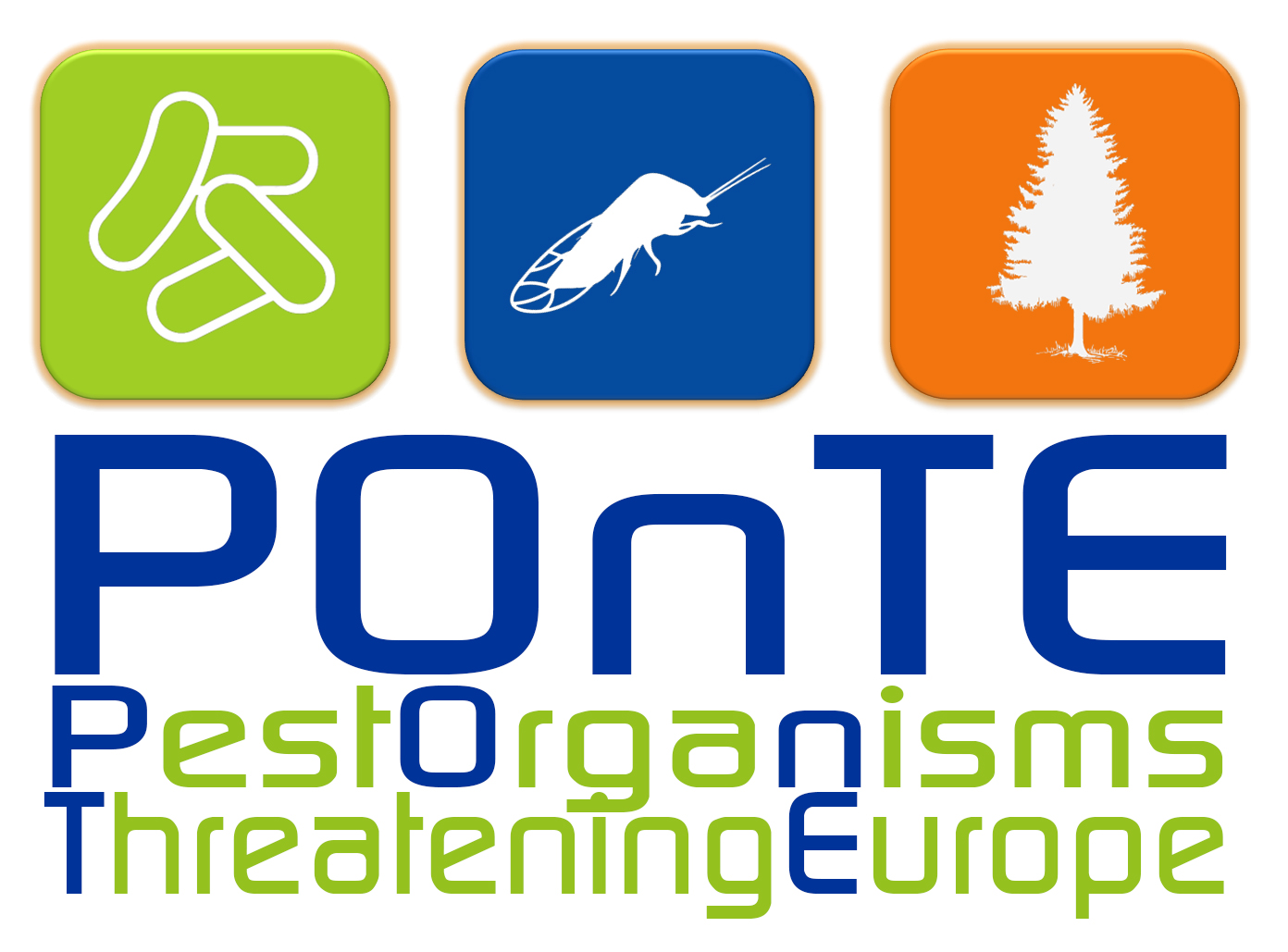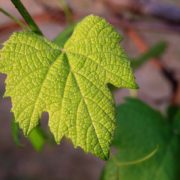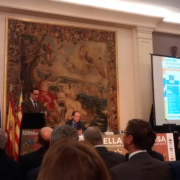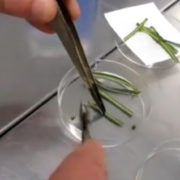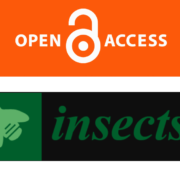EFSA reviews evidence on susceptibility of Phoenix roebelenii palm to Xylella fastidiosa and of citrus, holm oak and grapevine to the strain CoDiRO
Following a request from the European Commission, the EFSA Plant Health Panel has released a statement on the status of Vitis spp., Citrus spp. and Quercus ilex as hosts for Xylella fastidiosa strain CoDiRO, and on the host status of Phoenix roebelenii for Xylella fastidiosa.
Concerning Vitis spp., current shreds of evidence provide sufficient demonstration that three varieties (Cabernet Sauvignon, Negroamaro and Primitivo) do not support a systemic infection by the CoDiRO strain. This conclusion cannot be extended to other cultivars and to Vitis species other than Vitis vinifera, with no uncertainties. In addition, limitedly to the data so far available, the Panel considers premature to conclude that the tested grapevine varieties are not able to support local multiplication of the CoDiRO strain.
For Citrus spp., coherent and converging lines of evidence have been provided, suggesting that sweet orange may be a non-systemic host of strain CoDiRO. However, also in this case, the Panel considers it premature to extend this general conclusion to all Citrus species.
In the case of Quercus ilex, the Panel concludes that the limited data available provides some evidence suggesting that it may not be a systemic host of the CoDiRO strain, but that it would be premature to consider this tentative conclusion as firmly established.
For the pygmy date palm Phoenix roebelenii, even if the presence of infections refers to a single report from California, the Panel considers that the failure to isolate X. fastidiosa from this host cannot be used to totally disregard the results obtained by ELISA and PCR. Thus, the Panel concludes that the detection of X. fastidiosa by two independent techniques provides sufficient evidence, although not totally conclusive, for the listing of P. roebelenii as a host plant.
In conclusion, acknowledging the difficulty to provide compelling evidence for non-susceptibility of any particular plant species, the Panel considers premature to reach a general conclusion that these hosts are not able to support X. fastidiosa multiplication.
The complete documents have been published on EFSA Journal 14(10) and are publicly available for download at the following links:
